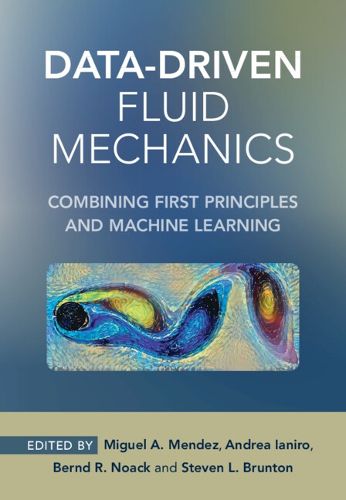Readings Newsletter
Become a Readings Member to make your shopping experience even easier.
Sign in or sign up for free!
You’re not far away from qualifying for FREE standard shipping within Australia
You’ve qualified for FREE standard shipping within Australia
The cart is loading…






Data-driven methods have become an essential part of the methodological portfolio of fluid dynamicists, motivating students and practitioners to gather practical knowledge from a diverse range of disciplines. These fields include computer science, statistics, optimization, signal processing, pattern recognition, nonlinear dynamics, and control. Fluid mechanics is historically a big data field and offers a fertile ground for developing and applying data-driven methods, while also providing valuable shortcuts, constraints, and interpretations based on its powerful connections to basic physics. Thus, hybrid approaches that leverage both methods based on data as well as fundamental principles are the focus of active and exciting research. Originating from a one-week lecture series course by the von Karman Institute for Fluid Dynamics, this book presents an overview and a pedagogical treatment of some of the data-driven and machine learning tools that are leading research advancements in model-order reduction, system identification, flow control, and data-driven turbulence closures.
$9.00 standard shipping within Australia
FREE standard shipping within Australia for orders over $100.00
Express & International shipping calculated at checkout
Data-driven methods have become an essential part of the methodological portfolio of fluid dynamicists, motivating students and practitioners to gather practical knowledge from a diverse range of disciplines. These fields include computer science, statistics, optimization, signal processing, pattern recognition, nonlinear dynamics, and control. Fluid mechanics is historically a big data field and offers a fertile ground for developing and applying data-driven methods, while also providing valuable shortcuts, constraints, and interpretations based on its powerful connections to basic physics. Thus, hybrid approaches that leverage both methods based on data as well as fundamental principles are the focus of active and exciting research. Originating from a one-week lecture series course by the von Karman Institute for Fluid Dynamics, this book presents an overview and a pedagogical treatment of some of the data-driven and machine learning tools that are leading research advancements in model-order reduction, system identification, flow control, and data-driven turbulence closures.